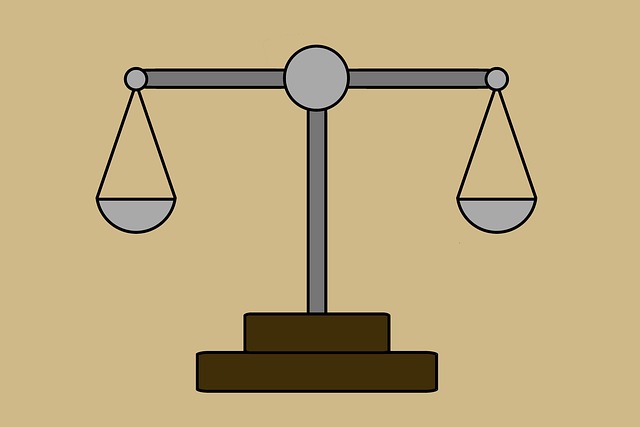Understanding wrongful death beneficiaries' rights is vital for navigating legal systems post-loss. Courts assess cases based on the deceased's contributions and family dynamics, aiming to distribute damages fairly among spouses, children, and parents suffering emotional distress and financial strain. An auto accident attorney prioritizes relationships, financial dependence, and loss impact to ensure equitable compensation, resolving disputes and considering insurance coverage limits for full entitlement.
When a loved one is taken too soon due to someone else’s negligence, wrongful death lawsuits offer compensation for survivors. But what happens when multiple beneficiaries exist? Courts must prioritize these individuals, considering various factors to determine their rights and entitlements. This article delves into the complex process of prioritizing wrongful death beneficiaries, exploring court considerations, available strategies for maximizing compensation, and essential rights these survivors possess.
- Understanding Wrongful Death Beneficiaries' Rights
- Court Factors in Prioritizing Beneficiaries
- Strategies for Maximizing Compensation for Survivors
Understanding Wrongful Death Beneficiaries' Rights

In the event of a wrongful death, understanding the rights of beneficiaries is paramount. Wrongful death beneficiaries are typically family members closely tied to the deceased, such as spouses, children, and parents. These individuals suffer not only an immense loss but also significant financial strain due to the unexpected nature of the event. A car accident attorney or business litigation expert can guide them through navigating complex legal systems to secure compensation for their losses.
When prioritizing these beneficiaries, courts consider several factors, including the deceased’s financial contributions and the impact of their absence on each relative. This process aims to allocate damages in a way that offers some measure of justice and support to those left behind. In cases involving multiple beneficiaries, the court must delicately balance each person’s claim, ensuring fairness while recognizing the unique circumstances and relationships within each family.
Court Factors in Prioritizing Beneficiaries

When courts are tasked with prioritizing wrongful death beneficiaries, they consider several factors to ensure fairness and justice. These include the relationship between the deceased and each beneficiary, the financial dependence of the beneficiary on the deceased, and the potential impact of the loss on the beneficiary’s well-being. An auto accident attorney often highlights these aspects in cases where multiple parties claim to be wrongful death beneficiaries.
In some instances, courts may also look at the will or any existing estate planning documents to understand the deceased’s wishes. If there are no clear directives, the court may need to resolve partnership disputes among beneficiaries, especially if there’s a history of close collaboration or financial interdependence. Even in cases where breach of contract isn’t directly involved, the overall goal is to distribute compensation fairly based on each beneficiary’s unique circumstances and connection to the deceased.
Strategies for Maximizing Compensation for Survivors

When courts prioritize multiple wrongful death beneficiaries, survivors have an opportunity to maximize compensation for their loss. One strategic approach is to focus on the unique circumstances of each beneficiary’s relationship with the deceased. This can include showcasing the financial contributions the deceased made towards their household, as well as any non-monetary roles they played, like caregiving or emotional support. Such evidence can help paint a vivid picture of the impact the loss has had on each survivor, potentially leading to more favorable settlements.
Additionally, survivors should be prepared to navigate insurance coverage disputes that often arise in wrongful death cases, especially with slip and fall injuries. Understanding the deceased’s policy limits and any applicable underinsurance or umbrella coverage can significantly influence the total compensation. Engaging experienced legal counsel who can adeptly handle these complex negotiations is crucial in ensuring survivors receive the fullest possible injury compensation they are entitled to.
When courts prioritize multiple wrongful death beneficiaries, they consider a range of factors to ensure fair compensation. By understanding these criteria, survivors can navigate the legal process effectively. Strategies such as clear communication among beneficiaries and proactive engagement with legal representatives can help maximize compensation. Remember that each situation is unique, so seeking expert guidance tailored to your needs is crucial for navigating the complexities of wrongful death claims successfully.






